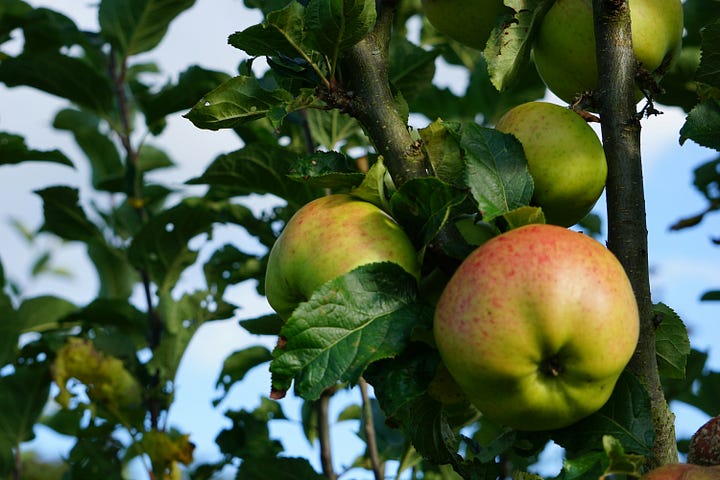
Can you ever imagine that smelling odors can slow down neurodegenerative diseases, stop cancer, and reduce inflammation?
Well, you do not have to imagine anymore. Now, new research shows that ripe fruits and fermented food can produce odors that cause changes in the expression of genes within cells.
You might think, well, it is not unheard of; after all, our noses have odorant receptors, so the changes can occur in the same way.
In fact, the changes in gene expression occurred in cells very far from the nose and in cells that do not even have odorant receptors.
The results were surprising and shocking to researchers; they were instantly intrigued to ask the question, ‘Could this mean that there is a possibility that inhaling volatile and airborne compounds could treat cancer and slow down neurodegenerative disease?’
Treatment through the nose is not a novelty; however, it is not practical to assume the effectiveness of such compounds just from experiments on mice and flies. Further research is required to explore this possibility better, exclude unforeseen health risks associated with these compounds, and understand the consequences of this remarkable discovery.
Anandasankar Ray is a cell and molecular biologist at the University of California and the senior author of this study. He expressed his surprise to learn that smelling odors can alter gene expression even in tissues that do not contain olfactory receptors.
In their study, researchers exposed fruit flies and mice to diverse doses of diacetyl vapors for five days. They also exposed lab-grown human cells to the same doses to check what effect it would exert on human cells. Diacetyl is a compound released by yeast in fermenting fruits.
The team discovered that diacetyl acts as a Histone Deacetylase (HDAC) inhibitor and causes wide-ranging changes in gene expression in the animals’s brains, mice’s lungs, and flies’ antennae.
To understand better what this means, histone deacetylase (HDAC) is an enzyme that helps wrap your DNA around the histone proteins more tightly. So as a consequence, if any substance inhibits the actions of said enzymes, genes will be expressed easily.
In later experiments, the team tried exposing human neuroblastoma cells, grown on a dish, to the diacetyl vapors, and they actually stopped their growth. Also, exposure to these vapors in a fly model of Huntingon’s disease slowed the progression of neurodegeneration.
Ray emphasized that their important findings were that some volatile compounds produced from microbes or food may alter epigenetic states in neurons and other eukaryotic cells, and that this research is the first to report volatile vapors behaving in this way.
The team only studied the effects of diacetyl as a proof of concept, but other research has shown that inhaling it causes changes in airway cells and a lung disease called obliterative bronchitis, or popcorn lung.
He also noted that they are already working on identifying other volatile substances that lead to changing gene expression.
There are also many other limitations to the work; he referred to the study’s inability to provide “a full analysis of the basic mechanisms that can explain how odors trigger an epigenetic change in cells distant from the nose.”
This study in a lab setting didn’t look into what might happen over a longer period of time if people are regularly exposed to common smells. Basically, they’re saying that how much of something you’re exposed to determines if it’s harmful or not.
The researchers suggest that we need to think about how safe certain volatile chemicals are because we’re exposed to them a lot.
They think this could be especially important for farming because plants also react to smells in the air, and they have similar enzymes to humans.
